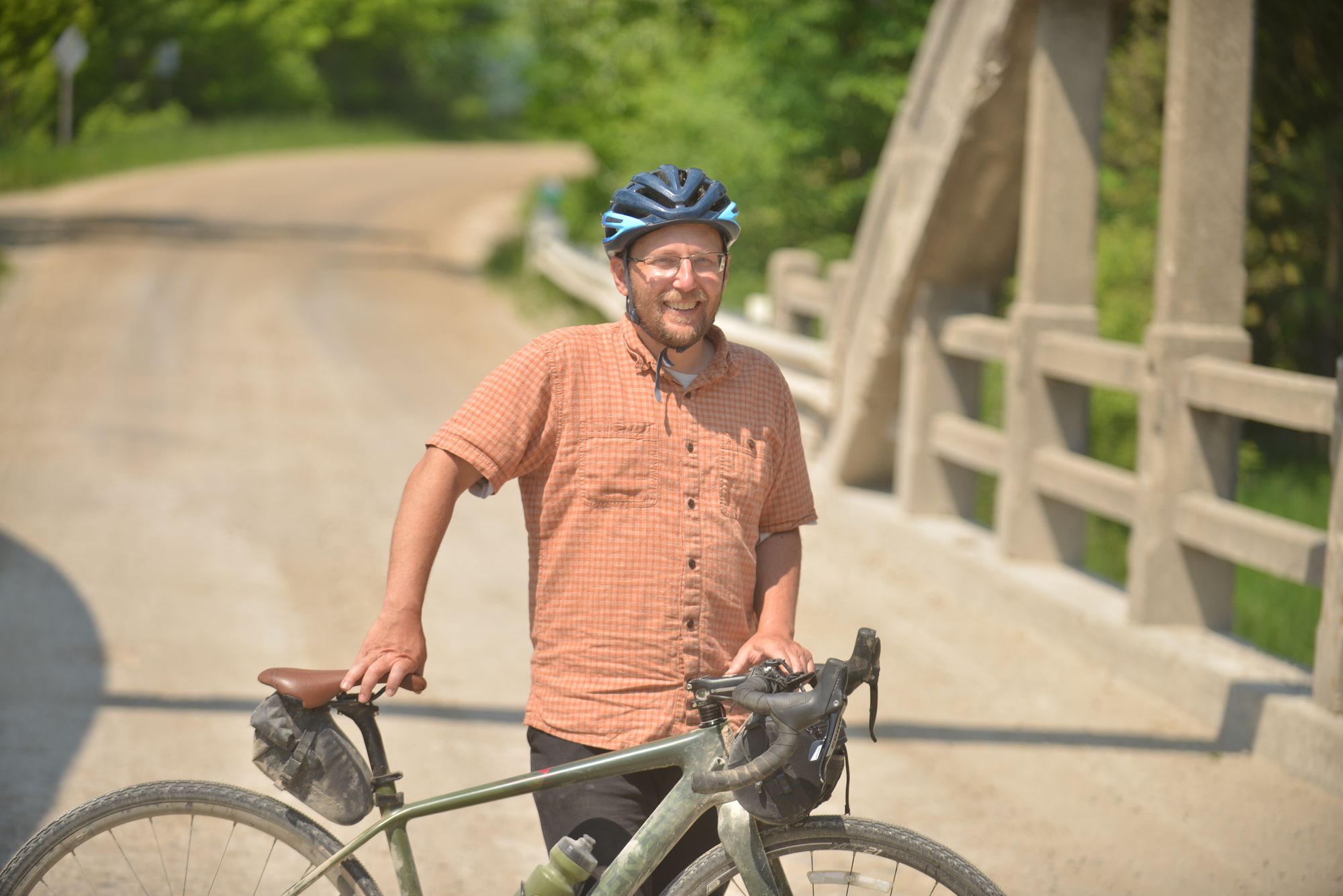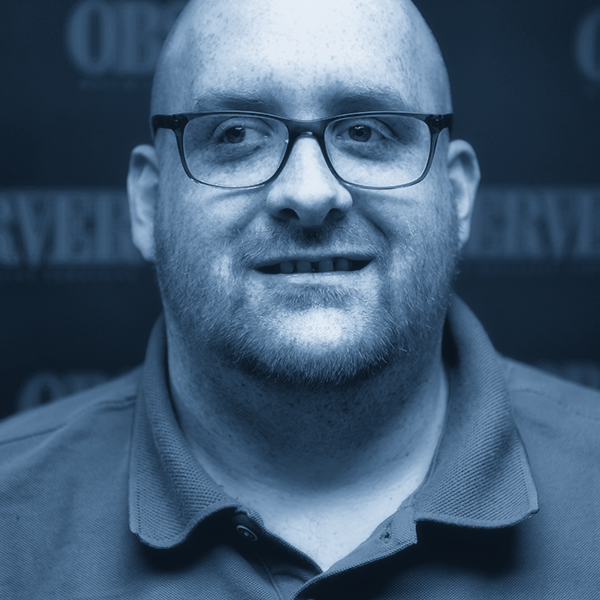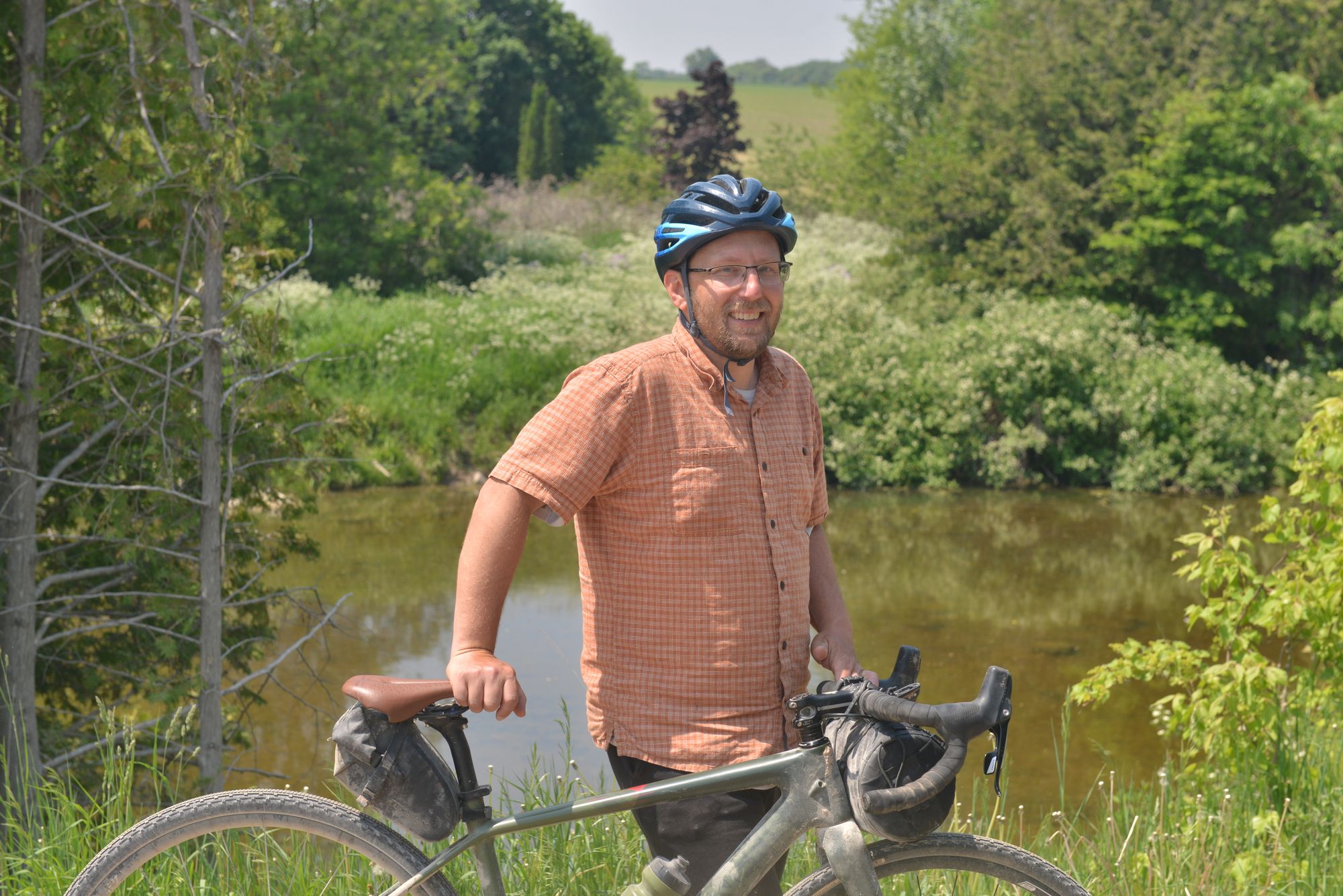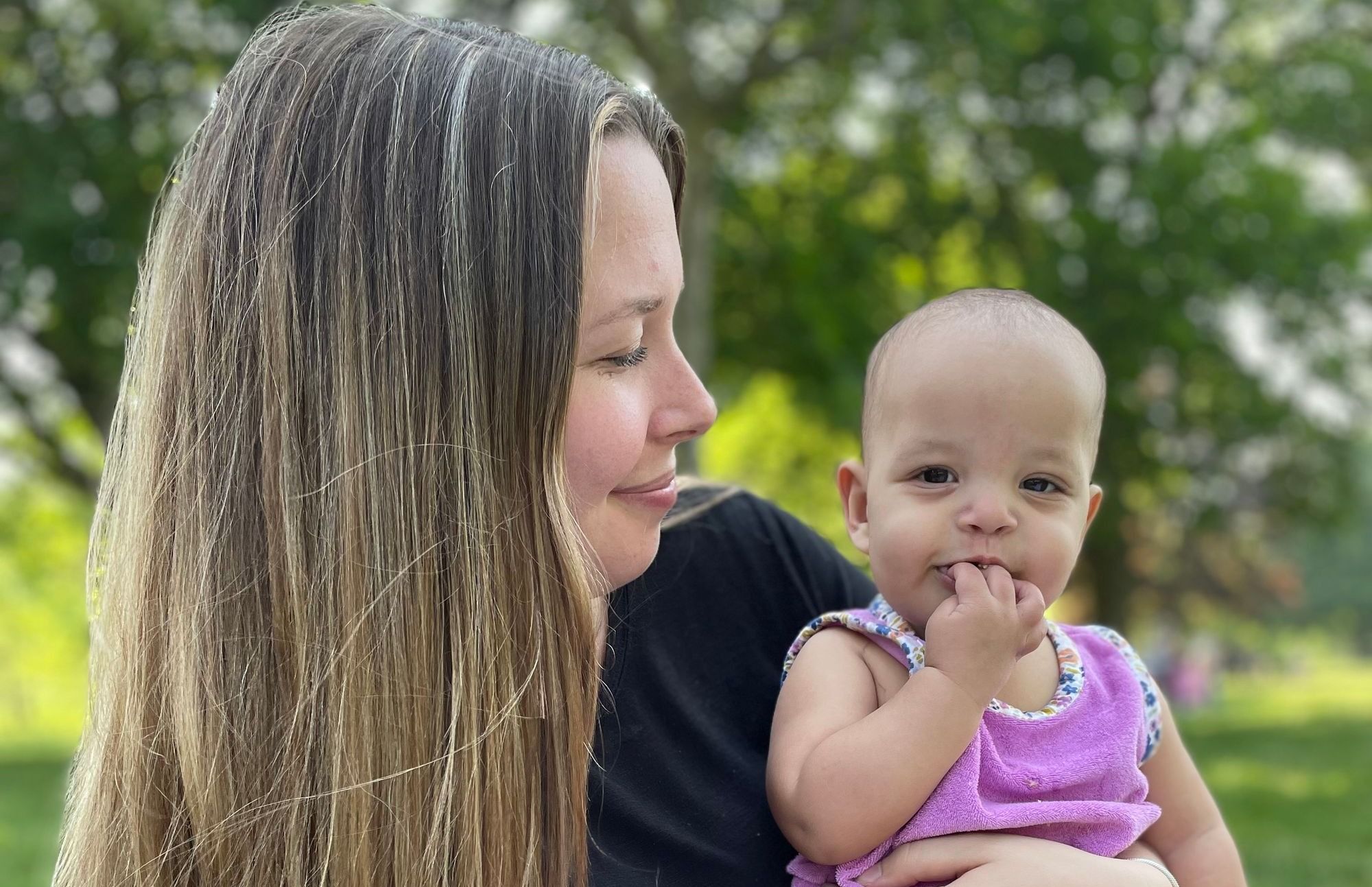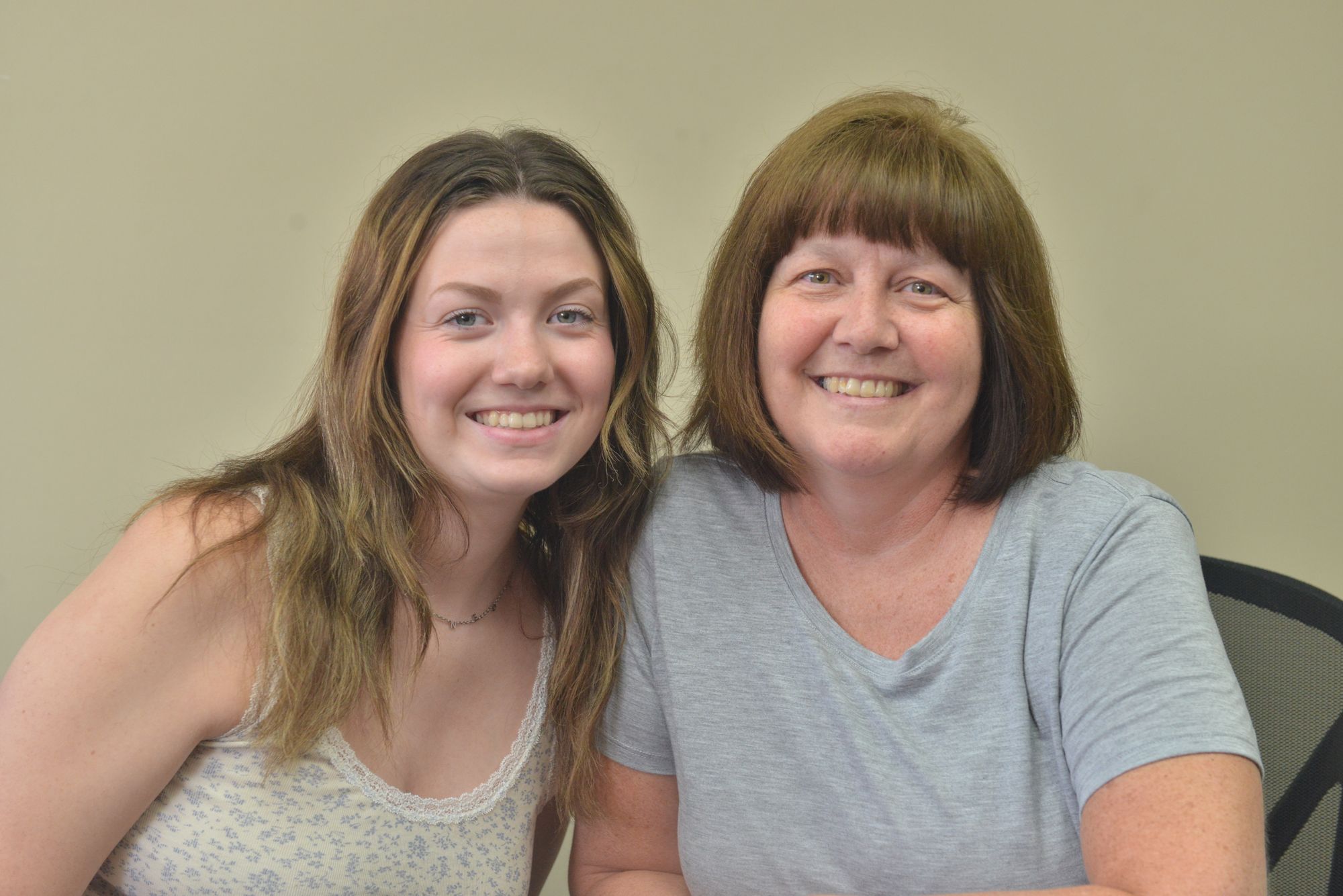A University of Waterloo professor is aiming to raise awareness about water resources, using cycling to help reconnect people to the environment.
Dustin Garrick is research chair of water and development policy at the university’s School of Environment, Resources and Sustainability. He is also a member of the Water Institute and director of Blue Range Labs, a partnership between UW, the University of Oxford and other stakeholders that addresses water issues by focusing on collective action.
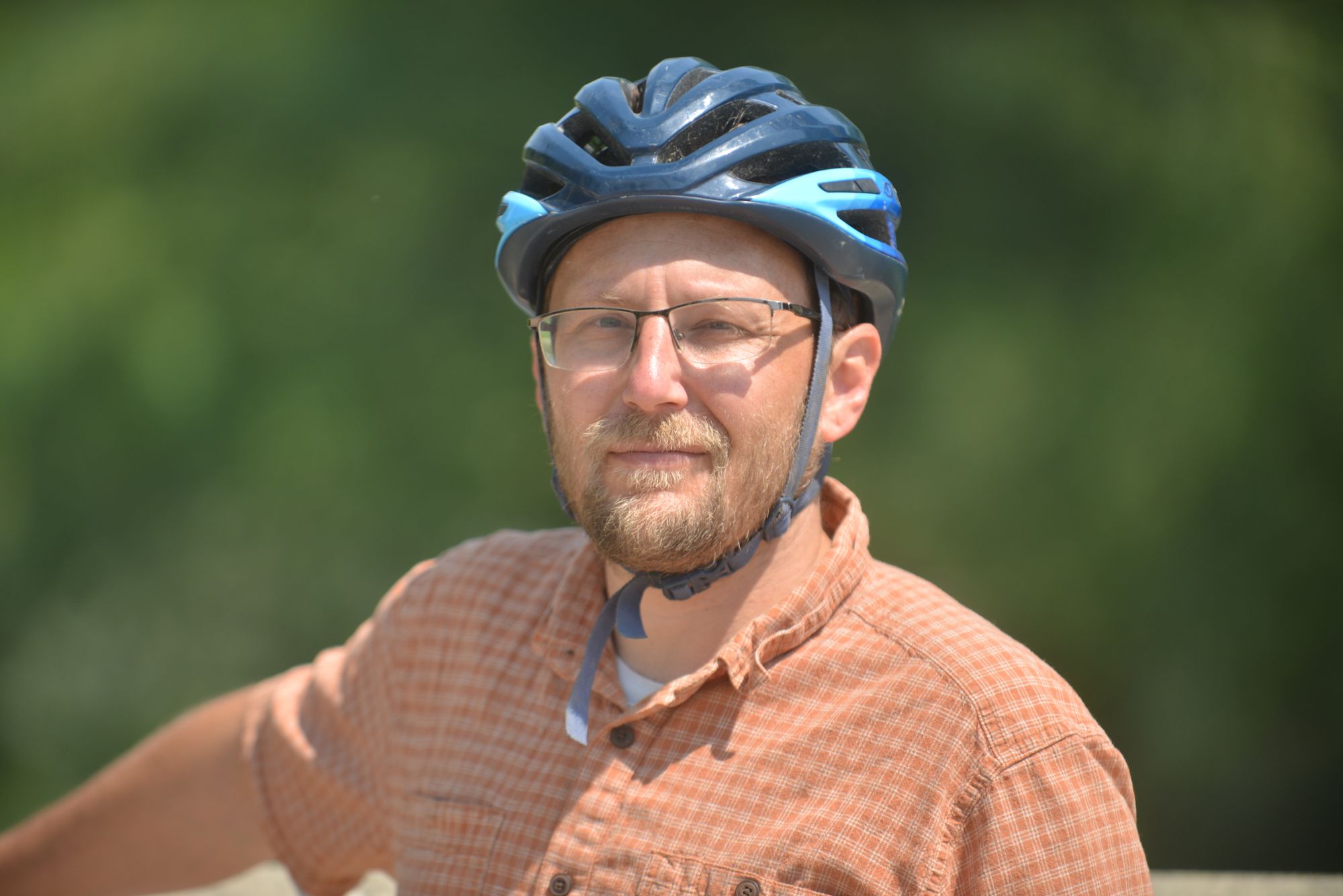
As part of his work, Garrick has started Water Cycles Expeditions, a tour of watersheds in North America.
“The idea behind Water Cycles is to reconnect people and waters through cycling. So to generate new perspective on these complex water issues, like closing the distance, bringing people close to them, so they can see them with their own eyes, and experience them through bike tours, and other community bike rides and initiatives,” Garrick said.
“Instead of having a peer-reviewed paper, you have experts in different parts of river water management, different aspects of the science of water – which can range from hydrology to history – who are providing guided tours for riders of all levels, from school kids, to families, and others who learn about these issues and participate in these rides through those tours,” he explained.
Garrick was part of a team that in February did the first expedition in Southern California along the Colorado River. That river, which is relied on by 40 million people, has recently been subjected to severe drought levels.
“It is on the so-called frontlines of aridification, impacts of climate change, drought, population growth and other sustainability challenges. And it’s experiencing shortages in water supply,” Garrick said.
Although there is a global water cycle the impacts of water issues are also very localized, and the Grand River has its own challenges, Garrick explained.
“They can vary. They can be different from place to place, based on climate, based on the economy, based on these other factors,” he said.
There are several more things when it comes to thinking about water issues beyond not having clean drinking water, Garrick added.
“We have water contributing to drinking, to producing food, to generating energy, and of course, it is sustaining the ecosystems and cultures that are connected to the river….So I think that’s really important aspects for people to just realize, the many ways in which they depend on water in and healthy rivers.”
The first goal for Garrick and the team at Blue Range Labs is to build a network of what he calls “water cyclists” who participate in group rides near water. While the plan is to start with communities across the Grand River, the goal is to make a global network of hubs.
“These are people who participate in group rides near water, and either just participate in the rides or also become active as citizen scientists.”
The second goal is to get participants to collect data and take photos that can be entered into an app that is set for launch next year.
“People may not know what the water crisis means for them and how it will impact them… and participating in activities like this allows people to learn about the issues that are relevant for them in their community,” Garrick added.
There is no set distance for the rides, meaning almost anyone can get involved, Garrick said.
“We really have a whole spectrum from family rides of five kilometres to really adventurous expeditions of 100km in a day or even multi-day expeditions.”
The lab will also be organizing a Bikes and Blues Festival in Belwood on September 9 to help spread the word. There are several ways the average person can respond to water challenges, beyond just using less, Garrick explained. This includes getting informed on local water issues.
“There are community groups in almost every community where there’s an opportunity to get involved. So I would say, that’s one place to start. In some cases, that may mean there needs to be changes in behaviour, whether it’s using less water, or paying attention to what we put in the water, in terms of some of the pollution and impacts on water quality,” he said.
More information about the cycling opportunities can be found at www.bluerangelabs.org/water-cycles-expeditions.
